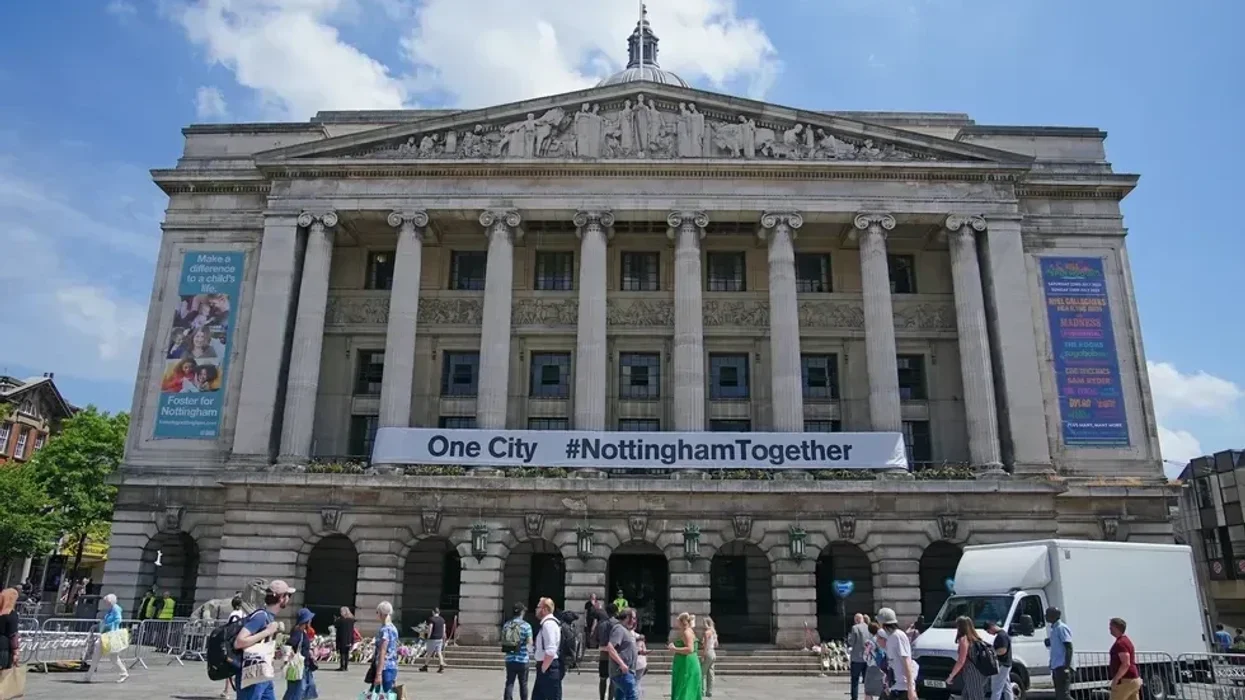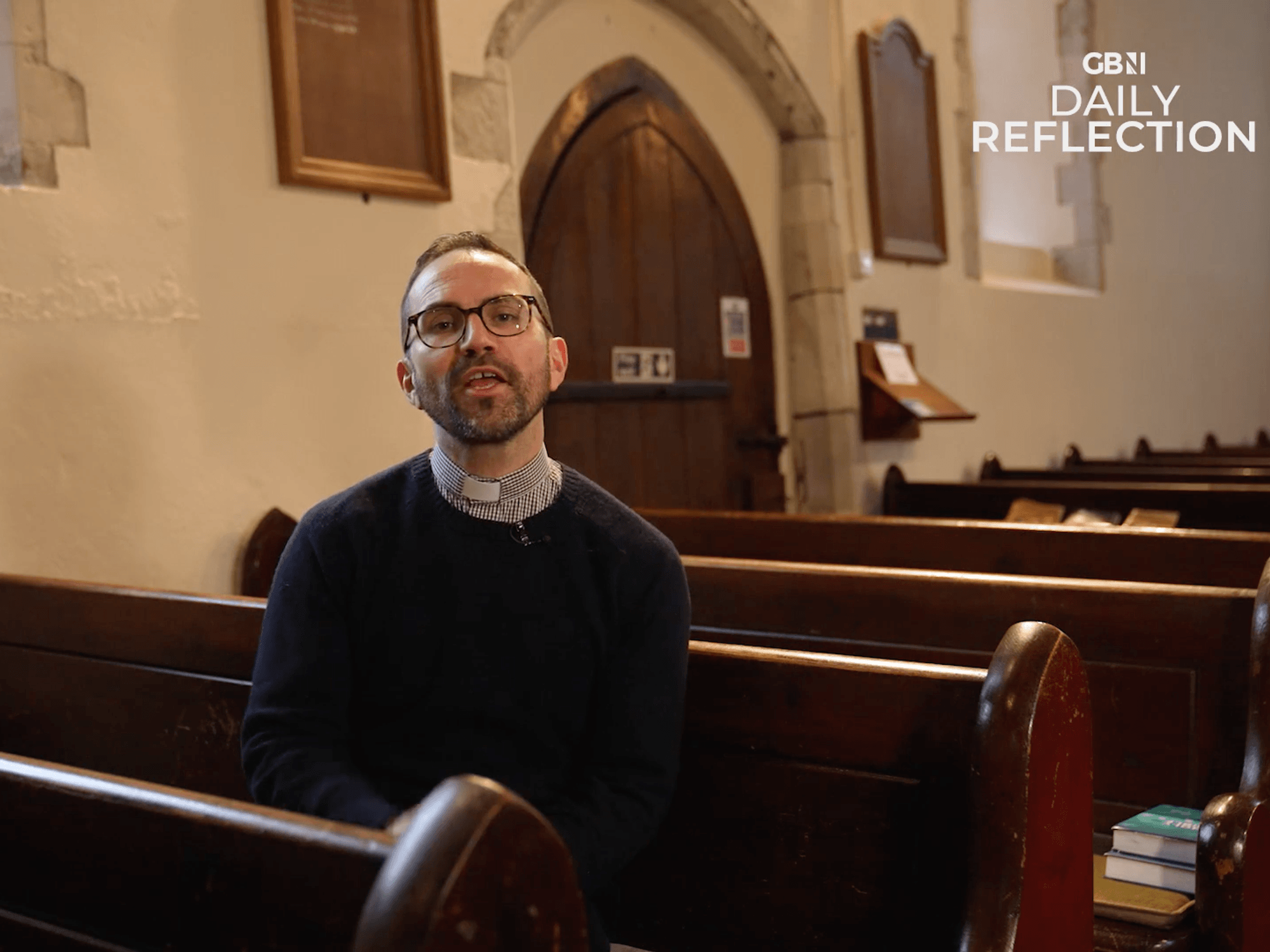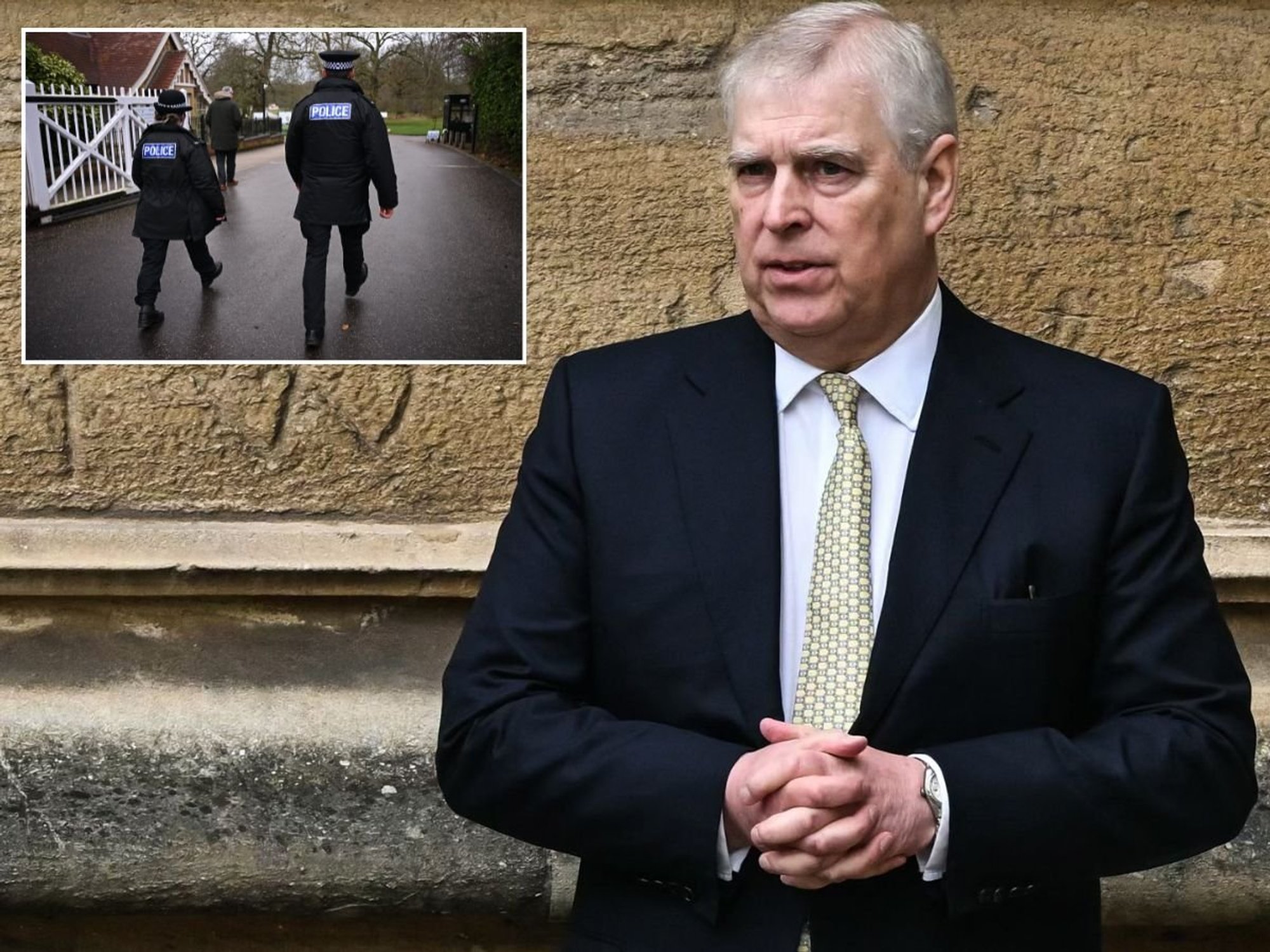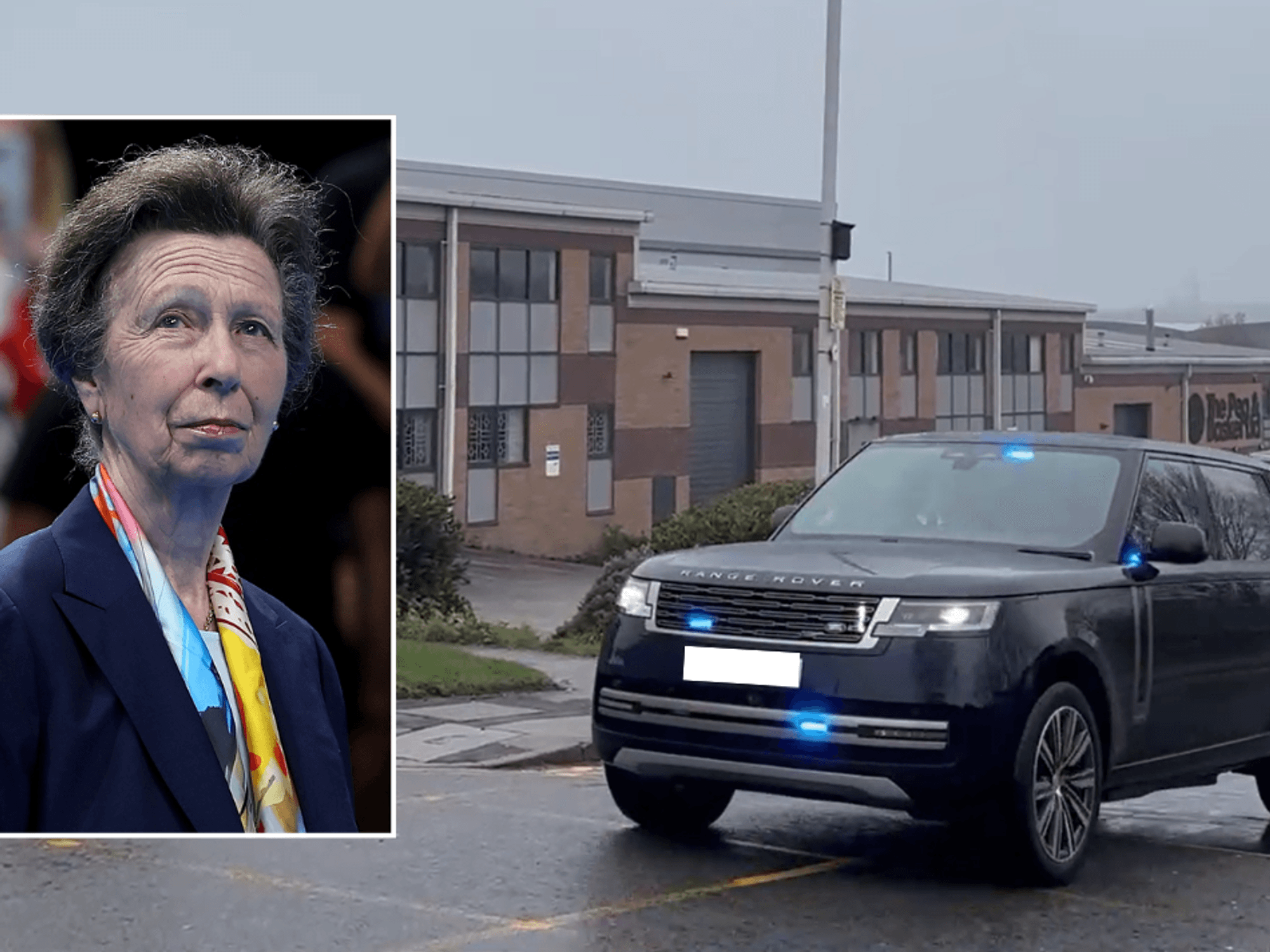As more local councils go bust, taxpayers will pay an immeasurable price, says Conor Holohan

Nottingham City Council declared itself effectively bankrupt earlier this month
|PA
'The age of councils setting up massive firms and gambling on property speculation has to come to an end... because if it doesn’t, it’s those key services that are the core remit of councils that will suffer'
Don't Miss
Most Read
Latest
For those of us who are seasoned council-watchers, it was not surprising when Nottingham City Council declared itself effectively bankrupt. Earlier this month the chief finance officer said the troubled authority, which was already being monitored by the government, was unable to deliver a balanced budget. The East Midlands council is on track for a £23m overspend in the 2023-24 financial year.
Now, the council’s spending will be limited to only the things it is required by law to spend money on.
What went wrong? It’s difficult to know where to start, particularly as the council has failed to publish their accounts for the last two years, although they’re not alone in this problem. The now-belly-up authority has cited demands on their children’s and adult social care, rising homelessness and inflation. But their reserves - the rainy-day fund each council can draw on when the going gets tough - have been depleted by what the BBC’s Nottingham political reporter has charitably called ‘high-profile blunders’.
The story of Nottingham’s fate began in 2015 when the local council decided it wanted to cut energy bills for its residents. An aim that seems noble, but is it really the council’s responsibility to deal with our energy bills? Needless to say, it had calamitous results. Their idea was to create an alternative provider to the big six energy firms. They set up a not-for-profit energy firm and called it Robin Hood Energy, after that legendary local hero who robbed from the rich to give to the poor.
The firm picked up tens of thousands of customers, but the finances ran astray, and then when energy regulator Ofgem stepped in over unpaid bills, Robin Hood Energy closed its doors, leaving behind 230 redundant workers and an estimated £38 million in losses for Nottingham taxpayers. British Gas took on Robin Hood Energy’s customer base of thousands of English homes and the government sent in the boffins to monitor the council’s spending.
Later, it was discovered that Nottingham council had unlawfully splashed millions of pounds of cash that was ringfenced for housing on other things, and the repayment bill is these days estimated to be knocking on the door of £50 million.
These are blunders made by the council, which has narrowly avoided government intervention in the past, and has been closely monitored by an Improvement Assurance Board since January 2021. It won’t avoid full intervention this time round. But while ministers may clear up the mess, it will be taxpayers and residents that pay for it through higher council tax and cuts to services.
We can see the results of similar tom-foolery in other local authorities. Woking council went bust after a series of cack-handed property investments helped them to ring up a calculator-busting £2 billion debt. Many community services are facing the chop, and a plan for a slew of new affordable homes has been canned. Victoria Square’s 30-storey skyscrapers lurch over the town as a reminder of what can happen when town hall chiefs roll the dice.
In Croydon, the council similarly went pop following failed commercial investments. As a result, the government gave Croydom special permission to put council tax up by 15 per cent. This is the sort of thing that Nottingham residents will be worried about.And in Birmingham City Council, the biggest local authority in Europe, no less, equal pay claims dating back years and a botched IT system means that its one million customers would be wise to expect some deep cuts in the draft budget that’s being drawn up after the council declared effective bankruptcy earlier this year.
Inflation, the size of government grants, social care. These things are putting huge pressure on council budgets. But where we’ve seen councils going bust, the other ever-present factor is this: Town hall bosses mismanaging finances, whether it’s by playing Monopoly by investing in property, setting up energy firms named after heroic outlaws, or simply letting obvious problems grow until they become too big and crush them.
How can we avoid these troubles coming to a council near you?
Simply put, town hall bosses should focus on what they’re there for: Making sure that key services residents rely on are delivered efficiently and at as low a cost as possible. There are undoubtedly pressures on local government finances, but if there’s anything we should learn from Nottingham, Woking and the other councils that have gone bust is that the age of councils setting up massive firms and gambling on property speculation has to come to an end. Because if it doesn’t, it’s those key services that are the core remit of councils that will suffer.
Conor Holohan is the media campaign manager of the TaxPayers' Alliance.
In a statement published last week, Nottingham City Council said:
"Nottingham City Council’s chief finance officer has today (Wednesday 29 November) issued a report under Section 114(3) of the Local Government Finance Act 1988 because, in his professional opinion, the council isn’t able to deliver a balanced budget for this year, which is a legal requirement.
"A report discussed at the council’s Executive Board meeting on 21 November outlines the council’s latest financial position and highlights that a significant gap remains in the authority’s budget, due to issues affecting councils across the country, including an increased demand for children’s and adults’ social care, rising homelessness presentations and the impact of inflation.
"At the halfway point of the year, the council is forecasting a gross General Fund pressure of c£57m which is partly being mitigated from one-off in-year management and corrective actions (including use of previously approved reserves) reducing the net forecasted pressure for the year to c£23m.
"Past issues relating to financial governance which led to the appointment of an Improvement and Assurance Board, and an overspend in the last financial year have also impacted on the council’s financial resilience and ability to draw on reserves.
"This situation has led the council’s Corporate Director for Finance and Resources and Section 151 Officer, Ross Brown, to issue a Section 114(3) report to all councillors today. A link to the report is here.
The council is not “bankrupt” or insolvent, and has sufficient financial resources to meet all of its current obligations, to continue to pay staff, suppliers and grant recipients in this year.
"A meeting of all councillors will now need to take place within 21 days to consider the report and an immediate prohibition period takes effect from today. Until councillors have met, the spending controls already in place will be further tightened, with the practical impact being that all spending that is not already contractually committed or otherwise agreed by the Section 151 Officer is immediately stopped.
"A dedicated page on the council’s website will be regularly updated with key information relating to the report and the council’s response.
"Senior Officers and Members remain committed to continuing to work with the Improvement and Assurance Board and the Department for Levelling Up, Housing and Communities to put the council on a stable financial footing for the future."










